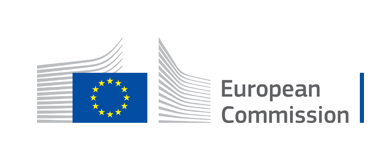Autumn has been a busy time for the EU Platform on Coexistence between People and Large Carnivores. Two regional workshops, co-organised between different Platform members, took place in late September and early November. As always with the regional workshops, the aim was to examine the specific situation regarding large carnivores in different regional settings and to facilitate a joint-learning process between the EU Platform members and those people in the workshop area who are affected by or interested in large carnivores.
The second workshop in Montenegro was unusual, both because it took place outside the EU and because it involved all the countries in the Dinara-Pindos-Balkan region. The idea behind the workshop, to establish a regional platform crossing the borders of EU and non-EU countries to cover the whole of the Dinara-Pindos-Balkan range for large carnivores, fits well both with the aims of the EU Platform itself, and the regional platforms pilot project which is helping to establish groupings in different European countries.
The first workshop, held in Goslar, focused on support for livestock managers in protecting their flocks against large carnivore depredation. Several very interesting examples were presented of how Rural Development under the Common Agricultural Policy (CAP) has been used successfully by regions to address depredation issues. This has been a recurring theme for the EU Platform and one that is receiving increasing attention elsewhere. The European Parliament recently commissioned a report which provides very useful background facts and figures on livestock production and on the issue of depredation across Europe. This was also discussed during the European Biodiversity Conference, an annual high level conference organised by the European Landowners’ Organization (ELO) at the beginning of December. One of the issues discussed in detail at the regional workshop was the extent to which the full costs of damages and protection measures can be covered. The Commission’s recent statement that the full costs of livestock depredation can be covered by state aid is therefore welcome news.
Jurgen Tack
Scientific Director of the European Landowners’ Organization (ELO)
Co-chair of the EU Platform on Coexistence between People and Large Carnivores

